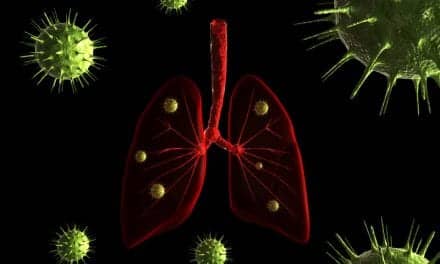Investigators from the Broad Institute of MIT and Harvard and Massachusetts General Hospital (MGH) have discovered a rare cell type in airway tissue that appears to be a key player in the biology of cystic fibrosis.
The discovery of the cell, Foxi1+pulmonary ionocyte, establishes the framework for a new cellular narrative for the rare neurodegenerative disease and offers critical insight into the disease’s underlying genetic basis. By explaining the key role of the rare cell in the disease’s biology, investigators provide further insight that can be used to inform the development of targeted cystic fibrosis therapies.
“We’ve uncovered a whole distribution of cell types that seem to be functionally relevant,” said Jayaraj Rajagopal, MD, who is also a professor at Harvard Medical School and a principal faculty member at the Harvard Stem Cell Institute, in a recent statement. “What’s more, genes associated with complex lung diseases can now be linked to specific cells that we’ve characterized. The data are starting to change the way we think about lung diseases like cystic fibrosis.”









